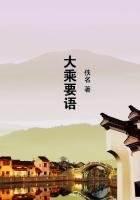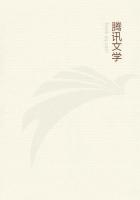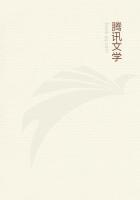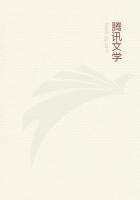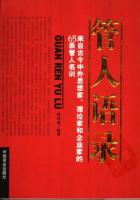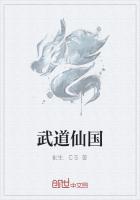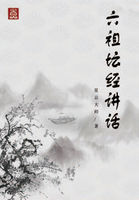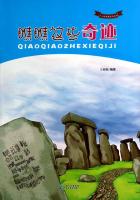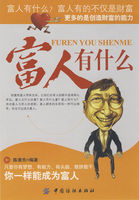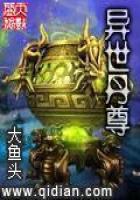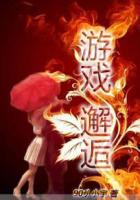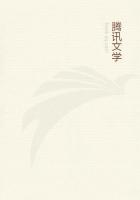Of the Circulation of Money It is the general opinion in England that a farmer must make three rents. (1) The principal and true rent which he pays to the proprietor, supposed equal in value to the produce of one third of his farm, a second rent for his maintenance and that of the men and horses he employs to cultivate the farm, and a third which ought to remain with him to make his undertaking profitable.
The same idea obtains generally in the other countries of Europe, though in some, like the Milanese state, the farmer gives the landlord half the produce instead of a third, and many landlords in all countries try to let their farms at the highest rent they can; but when this is above a third of the produce the farmers are generally very poor. I doubt not that the Chinese landowner extracts from his farmer more than three fourths of the produce.
However when a farmer has some capital to carry on the management of this farm the proprietor who lets him the farm for a third of the produce will be sure of payment and will be better off by such a bargain than if he let his land at a higher rate to a beggarly farmer at the risk of losing all his rent. The larger the farm the better off the farmer will be. This is seen in England where the farmers are generally more prosperous than in other countries where the farms are small.
The assumption I shall make in this enquiry as to the circulation of money is that farmers earn three rents and spend the third rent on living more comfortably instead of saving it.
It is in fact the case with the greatest number of farmers in all countries.
All the produce of the country comes directly or indirectly from the hands of the farmers as well as all the materials from which commodities are made. It is the land which produces everything but fish, and even then the fishermen who catch the fish must be maintained on the produce of the land.
The three rents of the farmer must therefore be considered as the principal sources or so to speak the mainspring of circulation in the state. The first rent must be paid to the landowner in ready money: for the second and third rents ready money is needed for the iron, tin, copper, salt, sugar, cloth and generally all the merchandise of the city consumed in the country; but all that hardly exceeds the sixth part of the total or three rents. As for the food and drink of the country folk ready money is not necessarily to obtain it.
The farmer may brew his beer or make his wine without spending cash, he can make his bread, kill the oxen, sheep, pigs, etc. that are eaten in the country: he can pay in corn, meat and drink most of his assistants -- not only labourers but country artisans, valuing the produce at the prices of the nearest markets and labour at the ordinary price of the locality.
The things necessary to life are food, cloths, and lodging. There is no need of cash to obtain food in the country, as I have just explained. If coarse linen and cloths are made there, if houses are built there, as is often done, the labour for all this may be paid in barter by valuation without cash being needed.
The only cash needed in the country is that for the principal rent of the landlord and for the manufactures which the country necessarily draws from the city, such as knives, scissors, pins, needles, cloths for some farmers or other well-to-do people, the kitchen utensils, plates, and generally all that is got from the city. I have already observed that it is reckoned that half the inhabitants of a state live in the cities, and consequently the citizens spend more than half the produce of the land. Cash is therefore necessary, not only for the rent of the landlord, corresponding to one third of the produce, but also for the city merchandise consumed in the country, which may amount to something more than one sixth of the produce of the soil. But one third and one sixth amount to half the produce. The cash circulating in the country must therefore be equal to at least one half the produce of the land, by which means the other half or somewhat less may be consumed in the country without need of cash.
The circulation of this money takes place when the landlords spend in detail in the city the rents which the farmers have paid them in lump sums, and when the undertakers of the cities, butchers, bakers, brewers, etc. collect little by little this same money to buy from the farmers in lump sums cattle, wheat, barley, etc. In this way all the large sums of money are distributed in small amounts, and all the small amounts are then collected to make payments in large amounts, directly or indirectly, to the farmers, and this money large or small always passes in return for services.
When I stated that for the country circulation there is needed a quantity of money often equal in value to half the produce of the land, this is the minimum; and in order that the country circulation should be easily conducted I will suppose that the ready cash which conducts the circulation of the three rents, is equal in value to two of these rents, or two thirds of the produce of the land. It will be seen later that this supposition is not far from the truth.
Let us now imagine that the money which conducts the whole circulation of a little state is equal to 10,000 ounces of silver, and that all the payments made with this money, country to city, and city to country, are made once a year; and that these 10,000 ounces of silver are equal in value to two of the rents of the farmers or two thirds of the produce of the land.
The rents of the landlords will correspond to 5000 ounces, and the whole circulation of the remaining silver between the country people and the citizens, made by annual payments, will correspond also to 5000 ounces.

